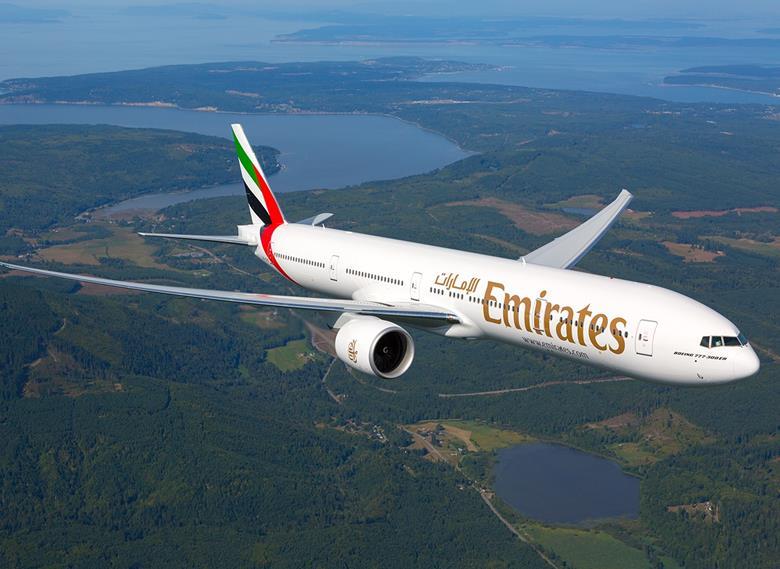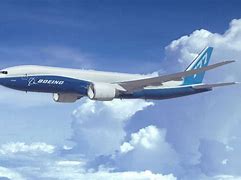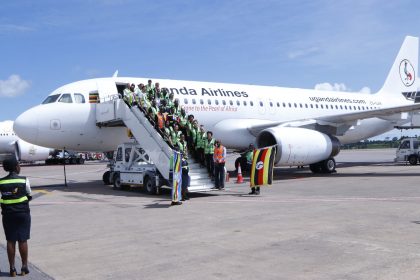Nigeria plunging towards connectivity crisis as Emirates announces suspension of services

IATA dismayed by worsening blocked funds crisis in Nigeria
Global airline lobby IATA, has expressed disappointment with developments in Nigeria, that forces Middle east giant Emirates to announce a suspension of air services to the country starting September 1.
Emirates said August 18, that barring a positive change in circumstances, it would suspend all services to Nigeria, following a failure to repatriate some USD85 million in sales revenue from the oil rich west African country.
The carrier said it had not made any progress in efforts to engage with the relevant authorities in Nigeria over the issue.
“Therefore, Emirates has taken the difficult decision to suspend all flights to and from Nigeria, effective 1 September 2022, to limit further losses and impact on our operational costs that continue to accumulate in the market,” it said in a statement August 18.
 In a rejoinder, Kamil Alawadhi, IATA’s Vice President for Africa and the Middle East, said it was disappointing to see that international airlines revenues withheld by Nigeria’s authorities had continued to rise.
In a rejoinder, Kamil Alawadhi, IATA’s Vice President for Africa and the Middle East, said it was disappointing to see that international airlines revenues withheld by Nigeria’s authorities had continued to rise.
“IATA is disappointed that the amount of airline money blocked from repatriation by the Nigerian government grew to $464 million in July. This is airline money and its repatriation is protected by international agreements in which Nigeria participates,” Alawadhi said in a statement.
Alawadhi said earlier cautionary statements by the lobby about the likely consequences of blocking funds, were now coming to pass for Nigeria.
“IATA’s many warnings that failure to restore timely repatriation will hurt Nigeria with reduced air connectivity are proving true with the withdrawal of Emirates from the market. Airlines cannot be expected to fly if they cannot realize the revenue from ticket sales. Loss of air connectivity harms the local economy, hurts investor confidence, impacts jobs and peoples livelihoods. It’s time for the government of Nigeria to prioritize the release of airline funds before more damage is done,” he added.
Nigeria has instituted exchange controls which restrict the outflow of foreign currency, amidst a plunge in oil production which accounted for 90pc of export earnings.
Speaking on the sidelines of the IATA General Assembly in Doha, last June, IATA ceo Willie Walsh said blocking funds tilted the ground against international airlines because domestic carriers were not affected by the restrictions.
Emirates had already withdrawn slightly more than 25pc of capacity to Nigeria, after earlier requests to have funds released went unheeded. The carrier said it could not get USD 85 million that was trapped in the country as of July, with arrears accumulating at a rate of USD10 million per month.
It remains to be seen how other international airlines will follow Emirates’ lead. If they do, Nigeria will likely plunge into a deep connectivity crisis.

 Brussels Airlines to announce Nairobi service
Brussels Airlines to announce Nairobi service
 SITA promises enhanced travel experience after Materna acquisition
SITA promises enhanced travel experience after Materna acquisition
 Saudia’s 105 aircraft order stretches A320neo lead over rival Max
Saudia’s 105 aircraft order stretches A320neo lead over rival Max
 Boeing refuses to pay hackers $200 million for stolen Data
Boeing refuses to pay hackers $200 million for stolen Data
 Uganda-Tanzania announce date for second joint business forum
Uganda-Tanzania announce date for second joint business forum
 Uganda Airlines leased A320 arrives in Entebbe
Uganda Airlines leased A320 arrives in Entebbe
